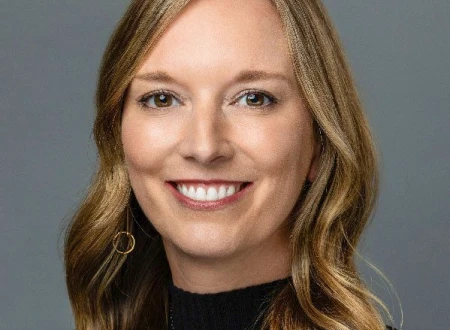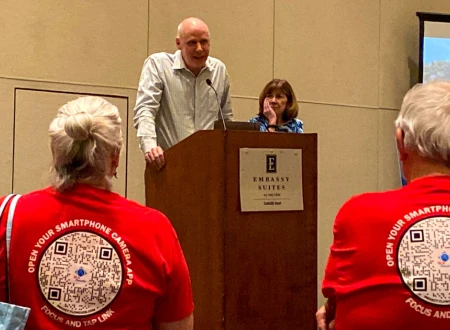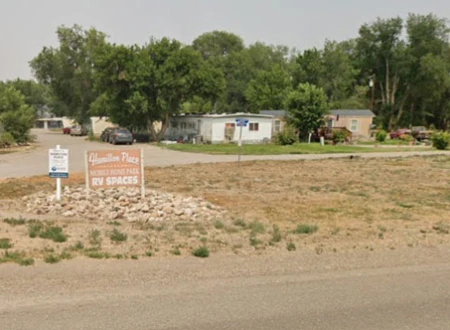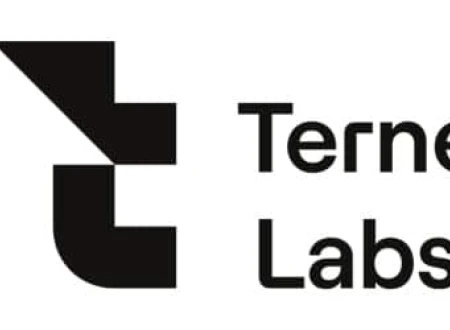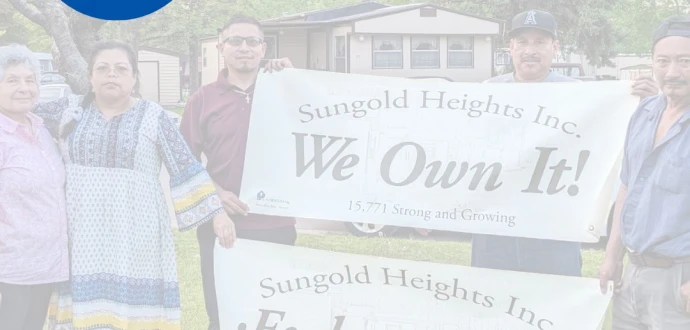
Scaling wide and scaling deep …
I bet you’ve never witnessed that title before! What do I mean?
I’ve always seen my job as delivering economic security by helping homeowners remove their communities from the speculative real estate market and welcoming those co-op owners into an eco-system of supports to help them achieve their goals.
(Side note: Why the focus on removing properties from the speculative market? Because owning a home on rented land can be a risky venture, especially if the landowner is an aggressive investor. And while not all community owners are aggressive – I know many operators who have provided stable, affordable housing in good communities for many years – things have changed, and more investors are acting more aggressively from my vantage point.)
I have also always seen my job as staying focused on doing this one thing in this one housing sector as best as we can. Despite the complexity and many opportunities to upset one another – anyone of us on any given day – our purpose and intent is to help homeowners buy and operate sustainable resident owned communities.
I am not taking a victory lap – it’s important we strive to be better every day – but evidence that it is working is on our side.
There are now just shy of 22,000 homes preserved in 315 ROCs in 21 states. Hundreds of co-ops now have over the last 40 years sustained themselves and are providing vital affordable housing and community.
But what does that have to do with the title?
Scaling wide is reference to our now 15-year effort to make resident ownership consistently viable in more states than New Hampshire, where this work was started by homeowners and the NH Community Loan Fund in 1984.
ROC USA is continuing to scale wide, having helped first-ever co-ops in Missouri and Pennsylvania over the last two years. We have three teams focused on scaling wide today:
- In Network, the Northcountry Cooperative Foundation is licensed in Iowa (in addition to Minnesota and Wisconsin) and is still looking for its first Iowa project.
- The ROC USA Direct team led by Angela Romeo is working through our time-tested approach – one community at a time being directly acquired by a homeowner co-op with the Technical Assistance and financing for which ROC USA is known. They’re doing this in all states not served by one of our 10 nonprofit Technical Assistance affiliate organizations, which follow the same path to resident ownership.
- We’re launching Integrity Community Solutions to address the consolidation of the industry and the prevalence of multi-community portfolio sales favored by many commercial investors. ICS will acquire portfolios with the goal of breaking them up and offering individual communities to homeowner co-ops. In all likelihood, it’s the only way these communities will have a chance at resident ownership unless they’re in a state with a law that gives residents the chance to match an outside purchase offer.
Together, these strategies are aimed at accelerating the growth of co-ops across the country by scaling wide – that is, reaching new states.
Scaling deep is what is happening to an impressive degree in a lot of places.
And the last year provides federal, state, and local wins that demonstrate what eco-system benefits can be generated when co-op leaders, Technical Assistance affiliates, and ROC USA work together. This is the power of Better Together!
Of course, the headliner win is the $225 million PRICE Initiative won by co-op leaders organized by the ROC Association, TA providers, and ROC USA to make the case for community infrastructure funds. Expect more news shortly as HUD is preparing a major announcement on PRICE by year-end.
Also on the federal level, HUD has just announced a revision to the Community Development Block Grant (CDBG) rules to explicitly include manufactured housing (MH) and the Federal Housing Administration (FHA, which is also at HUD) announced it is revising its Title I program, a personal property manufactured housing loan program.
There’s real progress at the federal level!
In no fewer than seven states, legislation and programs to support resident ownership were passed in the last year alone. This ranges from Opportunity to Purchase laws in four new states – Maine, Connecticut, New York and Washington – and tax advantages to sellers who sell to co-ops and resources for co-ops in several states.
And local support is also growing! The Cities of Golden, Colo., and San Antonio, Texas, both made significant grants ($2 million and $4+ million, respectively) to help homeowners in their cities become co-op owners in 2023. There are many more examples of this for community infrastructure – health and safety and resiliency – projects, too!
This level of buy-in is helping retain and secure affordability during an unprecedented crisis in housing affordability.
Accelerating the growth of resident owned communities and enhancing the eco-system that supports ROCs is what I call scaling deep.
The work by co-op leaders, the ROC Association Board and its committees, the TA affiliates, and ROC USA teams – along with a multitude of partner organizations – is helping to scale wide and deep and produce results for low- and moderate-income homeowners.
While 2023 has included some very impressive wins, I am truly excited because it feels like we have only just begun!


